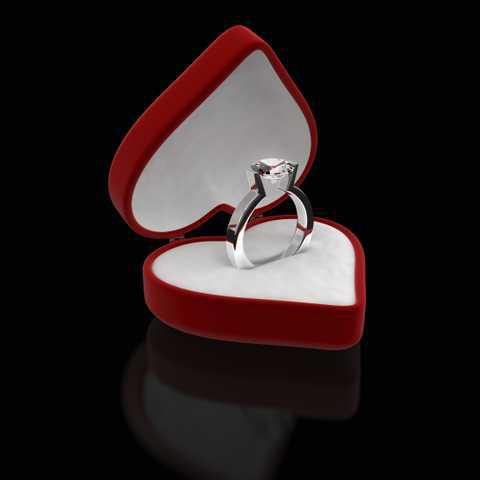Dear Angela:
I was engaged a year ago. I ended up breaking off the engagement fairly close to the wedding for various reasons, and my bride-to-be wasnt very happy about it. Ultimately, it was an ugly break-up, she and I no longer speak, and words cannot express how thankful I am to have all but moved past that entire situation.
Now Ive started dating again, and my mother recently asked me how my new girlfriend took the news that Id ended an engagement before. I wasnt aware that that was something I needed to disclose, and even after considering it at length am still not fully convinced that it is. The truth is I would rather leave all past relationships in the past. With that said, my girlfriend and I run in the same circles and I wouldnt want her to find this out from someone else and feel like I was dishonest with her. Any advice?
Boyfriend
Dear Boyfriend:
You need to tell her.
First, if you run in the same circles, shell find out. And then itll be like, What? He was engaged? Why didnt he tell me? What else isnt he telling me? He must be shady!
Second, if the roles were reversed, and you were starting to build something with someone, wouldnt you want to know that information? Not because some rule says they have to tell you, but because youre starting to love them and want to know where theyve been? Let her know where you've been.
Lastly, sharing this can be a really positive thing for your new relationship. When you tell your girlfriend, talk about what you learned and how you have a better idea of what to look for now. Dont insult your ex or get too deep into the messy details (thats unattractive and a dating no-no). Just say that generally speaking, it was an unfortunate experience, but its led you to a positive place today.
I think this will work out pretty well. Let us know how it goes!
Love,
Angela
Readers: Do you think "Boyfriend" should tell? What if he decides not to? How would you feel in the girlfriend's shoes?
To learn more about "Boyfriend's" story, like the Ask Angela Facebook page and visit the Ask Angela blog.
I was engaged a year ago. I ended up breaking off the engagement fairly close to the wedding for various reasons, and my bride-to-be wasnt very happy about it. Ultimately, it was an ugly break-up, she and I no longer speak, and words cannot express how thankful I am to have all but moved past that entire situation.
Now Ive started dating again, and my mother recently asked me how my new girlfriend took the news that Id ended an engagement before. I wasnt aware that that was something I needed to disclose, and even after considering it at length am still not fully convinced that it is. The truth is I would rather leave all past relationships in the past. With that said, my girlfriend and I run in the same circles and I wouldnt want her to find this out from someone else and feel like I was dishonest with her. Any advice?
Boyfriend
Dear Boyfriend:
You need to tell her.
First, if you run in the same circles, shell find out. And then itll be like, What? He was engaged? Why didnt he tell me? What else isnt he telling me? He must be shady!
Second, if the roles were reversed, and you were starting to build something with someone, wouldnt you want to know that information? Not because some rule says they have to tell you, but because youre starting to love them and want to know where theyve been? Let her know where you've been.
Lastly, sharing this can be a really positive thing for your new relationship. When you tell your girlfriend, talk about what you learned and how you have a better idea of what to look for now. Dont insult your ex or get too deep into the messy details (thats unattractive and a dating no-no). Just say that generally speaking, it was an unfortunate experience, but its led you to a positive place today.
I think this will work out pretty well. Let us know how it goes!
Love,
Angela
Readers: Do you think "Boyfriend" should tell? What if he decides not to? How would you feel in the girlfriend's shoes?
To learn more about "Boyfriend's" story, like the Ask Angela Facebook page and visit the Ask Angela blog.








